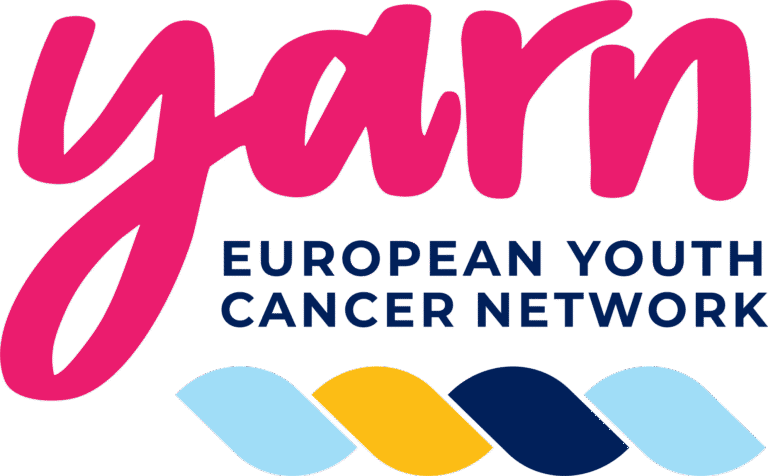
Effective communication can increase diagnostic accuracy, improve patient understanding and adherence to treatment, and enhance the experience of health services and health outcomes.
The doctor–patient consultation is the basis for health interventions, regardless of patient age. Building a trusting relationship with a child and adolescent improves information transfer and induces better socialization toward an active autonomous patient role with health literacy. It improves the health status of the child through self-determination and self-efficacy, which in turn has a positive effect of health. Interviewing skills that provide support and help in recognizing problems are associated with increased satisfaction and reduced distress for all persons involved.
But to what extent is excellent communication able to shorten the duration of treatment and reduce the number of drugs administered? Is it possible to strengthen health literacy, to decrease the duration of hospital stay, and reduce complications of care? How can education and training in better communication with children and adolescents be developed and harmonized across the various European countries?
Children can be coached to effectively develop their role as a health partner, moreover pediatric training should explicitly include communication skills. Effective communication skills can be taught and learned with minimal additional resources. Even short periods of training can be effective, through such approaches as motivational interviewing and specialized training in psychosocial topics.
This article provides decision aids to assess a child’s or adolescent’s communication competence as well as their decision-making competence and helps to understand concepts of health and disease depending on their cognitive, emotional, social, psychological and physical development. Moreover, resources to assess the competence of the pediatrician are available.









Comments
Thank you. Comment sent for approval.
Something is wrong, try again later